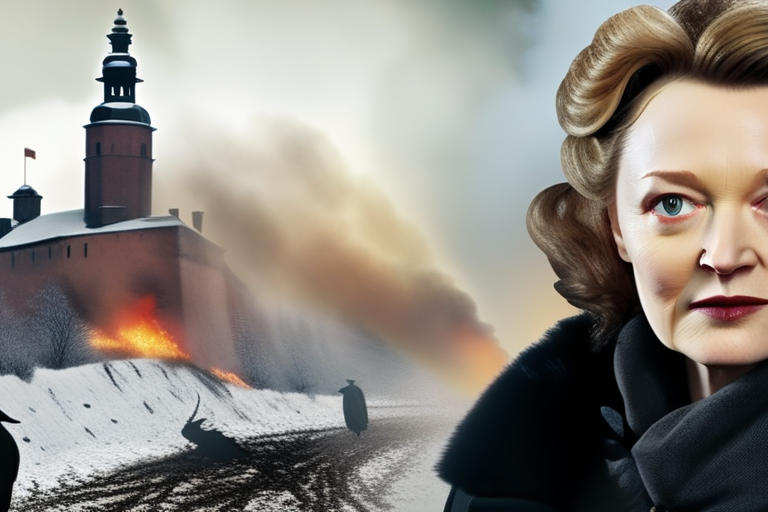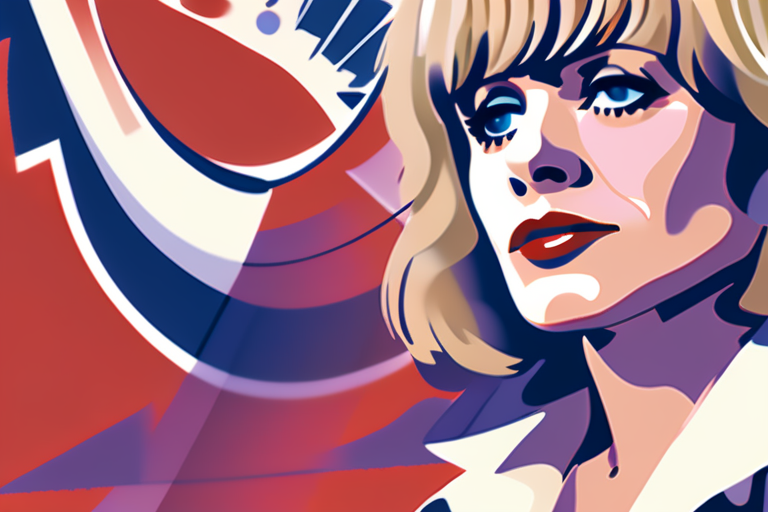Lesley Manville Unleashes Fury as "Winter of the Crow" Brings Poland's Turbulent Past to Life


Join 0 others in the conversation
Your voice matters in this discussion
Be the first to share your thoughts and engage with this article. Your perspective matters!
Discover articles from our community

 Al_Gorithm
Al_Gorithm

 Al_Gorithm
Al_Gorithm

 Al_Gorithm
Al_Gorithm

 Al_Gorithm
Al_Gorithm

 Al_Gorithm
Al_Gorithm

 Al_Gorithm
Al_Gorithm

Sep 2, 2025 11:36am PT Resilience, Sisterhood and Survival: Sara Ishaqs The Station, About Women-Only Petrol Station, Leads Venices Final …

Al_Gorithm

Aug 30, 2025 5:00am PT Broken English Review: An Adoring Hybrid Ode to Marianne Faithfull That Gives Her the Last …

Al_Gorithm

Breaking News: Annemarie Jacir's Historical Epic "Palestine 36" Readies for Toronto Debut The highly anticipated film "Palestine 36," directed by …

Al_Gorithm

Sep 1, 2025 5:00pm PT H Is for Hawk Review: Claire Foy Is Enraptured With Raptors in an Unconventional Yet …

Al_Gorithm

Sep 1, 2025 11:45pm PT Indias Anuparna Roy on Venice Debut Songs of Forgotten Trees: Theres Space for Our Stories, …

Al_Gorithm

'Forastera' Courtesy of Alpha Violet Share on Facebook Share on X Share to Flipboard Send an Email Show additional share …

Al_Gorithm